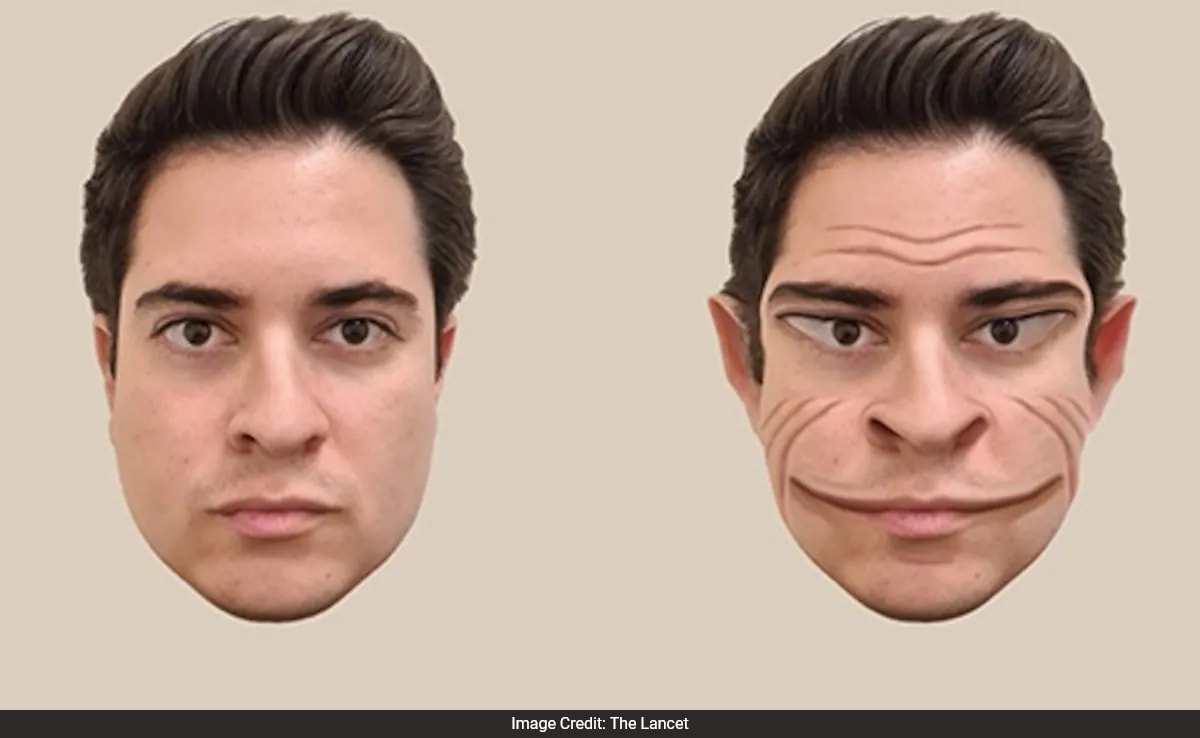2024-03-22 06:26:31

The visualisations created based on Victor Sharrah’s description.
Researchers have, for the first time, created facial illustrations based on description given by a patient suffering from “demon face syndrome”. Officially known as prosopometamorphopsia (PMO), the rare condition has long been misdiagnosed as schizophrenia. ‘Prosopo’ is the Greek word for face, while ‘metamorphopsia’ describes transformation or distortion. According to NBC News, a man suffering from PMO visited a lab at Dartmouth College describing what he has been experiencing, which allowed the medical experts to create a digital representation of what the warped faces look like to such a person.
Victor Sharrah said the faces he sees have ears, noses and mouths stretched back, and there are deep grooves in their foreheads, cheeks and chins.
“My first thought was I woke up in a demon world. You can’t imagine how scary it was,” the 59-year-old told NBC News.
The Clarksville, Tennessee, resident had a sharp vision, but things suddenly changed in November 2020.
A friend then suggested he might have PMO and asked him to visit a doctor. Mr Sharrah felt the symptoms were a match, and he was formally diagnosed last year.
“When I’m looking at a person, that face is moving, it’s talking, it’s gesturing. So it really increases the effect of it,” said the man.
Another strange fact about the neurological disorder is that the distortions appear only when Mr Sharrah sees people in person – not in photographs or through computer screens.
His vivid descriptions allowed scientists to create a digital image of the distortions, something they had never been able to do before. The resulting images were published on Thursday in The Lancet.
Studies say PMO symptoms subside after a few days or weeks, though in some cases they can linger for years. Mr Sharrah is still seeing the images after four years.
What is prosopometamorphopsia?
As per analysis of the symptoms of this rare disease, researchers suspect it is caused by dysfunction in the brain network that handles facial processing. However, they don’t fully understand what triggers the condition.
Some patients were diagnosed with the disease after head trauma, stroke, epilepsy or migraines.
There are fewer than 100 published case reports of PMO.
rare condition,neurological disorder,prosopometamorphopsia,Schizophrenia,Victor Sharrah
Source link
5 total views , 1 views today
